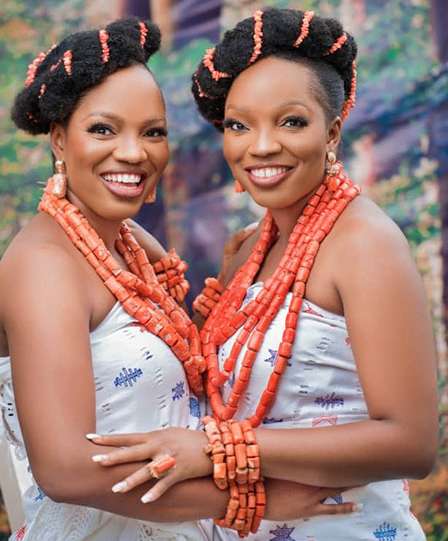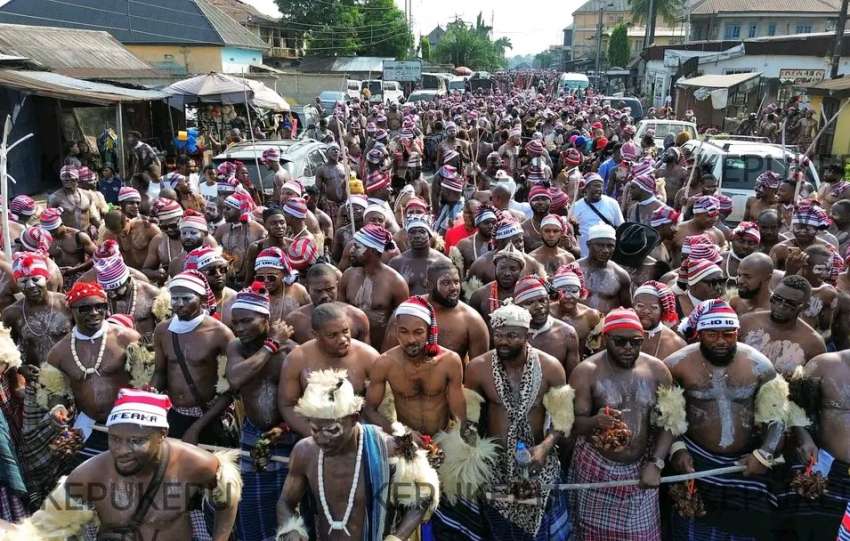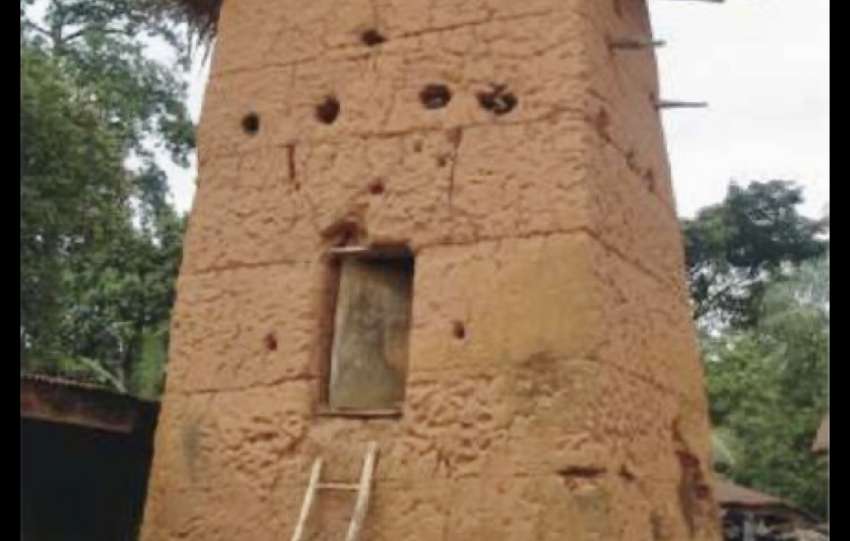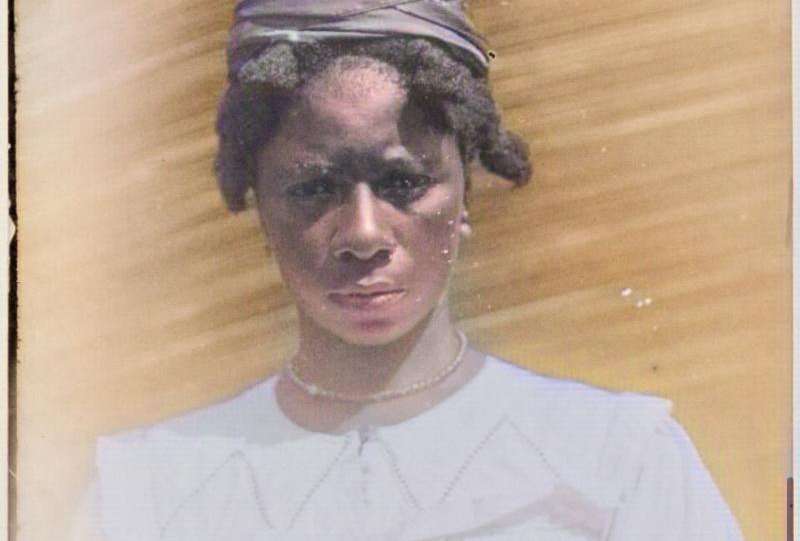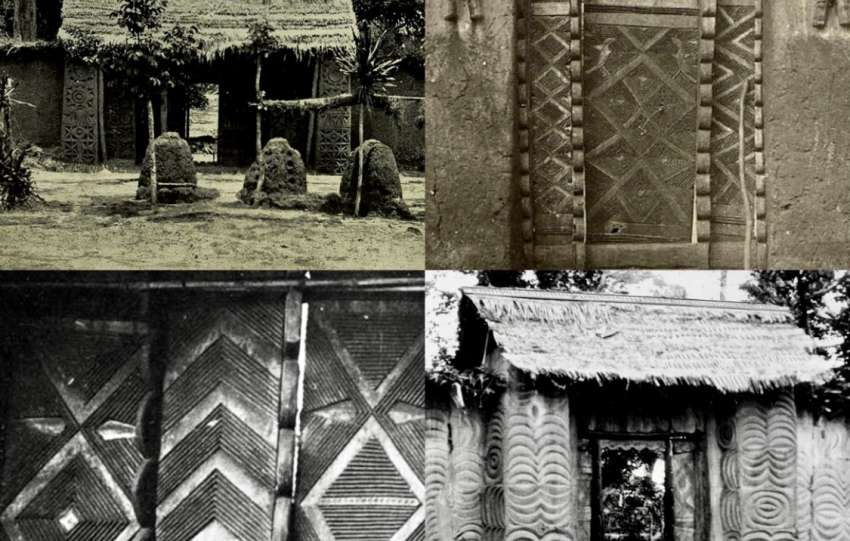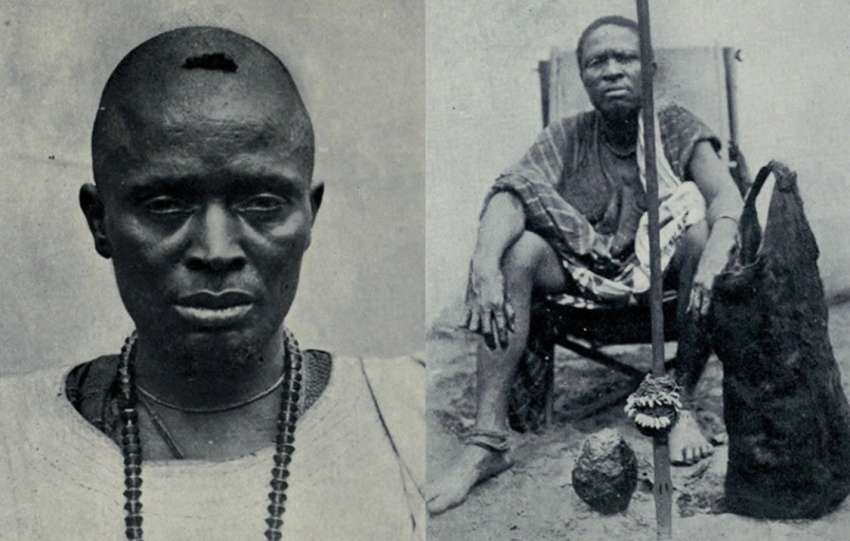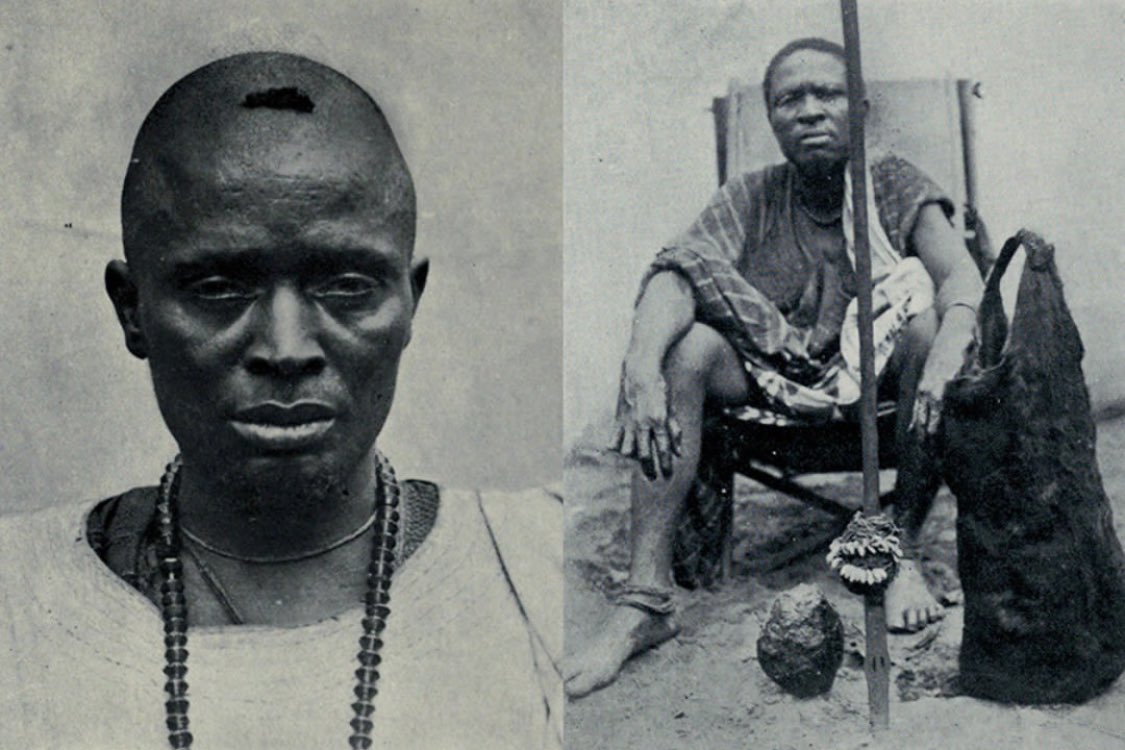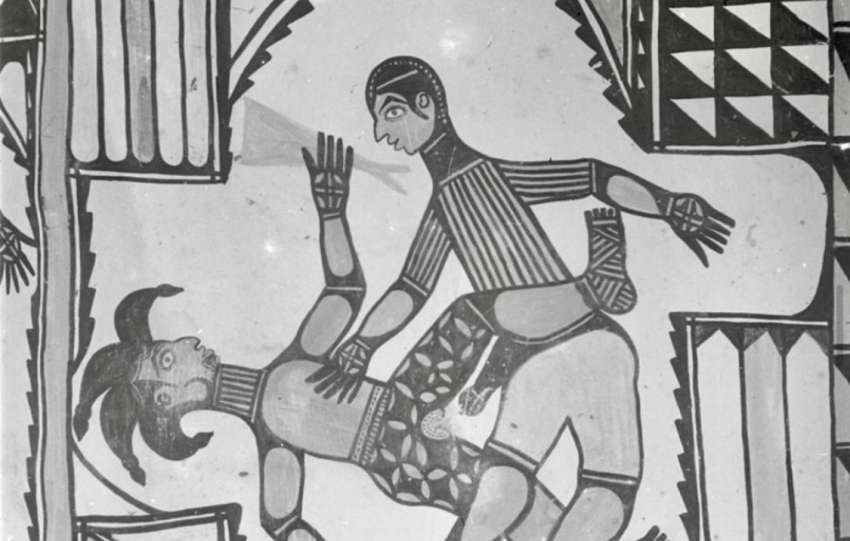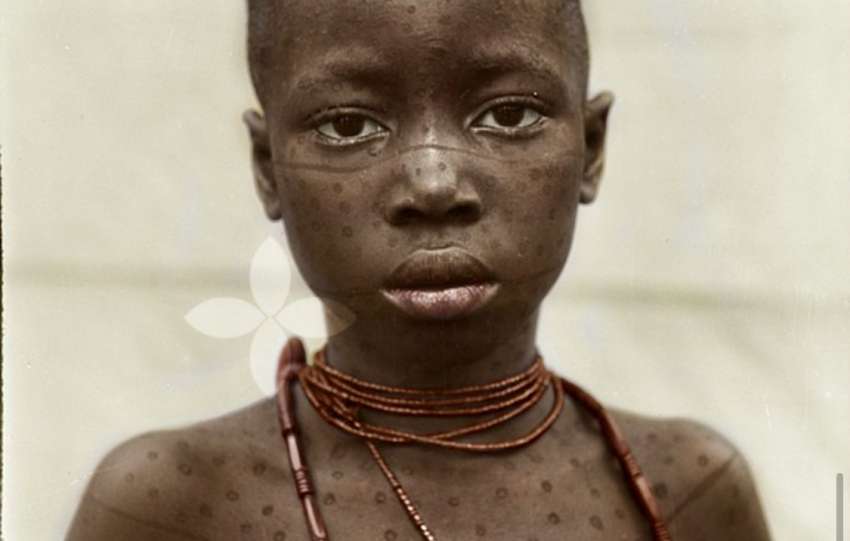Ubulu Kingdom, located in present-day Aniocha South Local Government Area of Delta State, Nigeria, holds kinship relationships as sacred and inviolable, both in ancient times and in modern society. Family ties are revered, and the concept of "half-sibling" or "extended family" does not exist. In Ubulu, family is family, and all male relatives are regarded…
